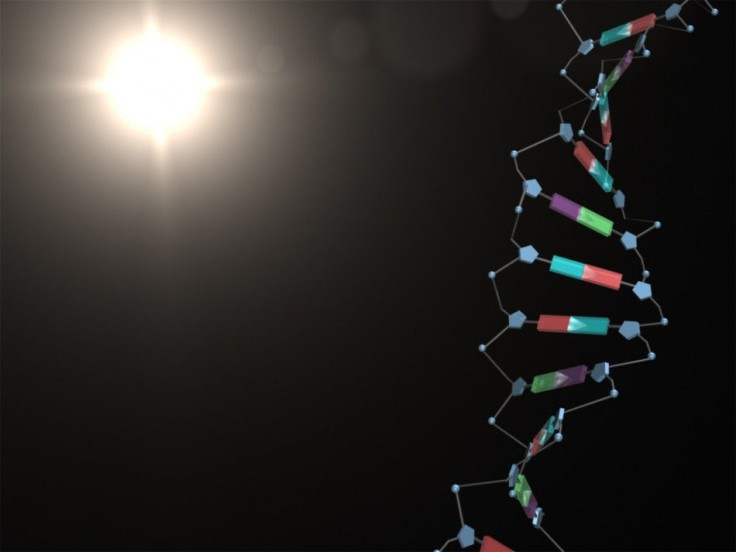UK's National Health Service To Study 100,000 Genomes To Help Fight Cancer, Genetic Diseases

The UK’s National Health Service (NHS) announced the establishment of 11 Genomic Medicine Centers to achieve an ambitious goal of decoding and collecting the complete genetic codes of 100,000 people by 2017. The aim of the project, named the 100,000 Genomes Project, is to better diagnose and treat patients with cancer and rare genetic diseases, the NHS said in a statement released Monday.
The project will attempt to sequence the complete DNA, also known as the genome, of people with cancer and rare diseases, and then compare it to the genome of their family members. This method will allow doctors to spot mistakes and mutations within the patient's genetic code, and hence develop targeted and personalized drugs. The project is reportedly expected to cost 300 million pounds ($470 million).
“The project has the potential to transform the future of healthcare. It could improve the prediction and prevention of disease, enable new and more precise diagnostic tests, and allow personalization of drugs and other treatments to specific genetic variants,” the NHS said, in the statement.
In addition, the NHS said, the project would also drastically improve the current knowledge of how the expression of certain genes influences diseases and how different types of tests can be developed to detect these markers in the genome.
“This is an achievable ambition which positions Britain to unlock longstanding mysteries of disease on behalf of humankind,” Bruce Keogh, medical director of the London-based NHS, said in the statement. “Embracing genomics will position us at the forefront of science and make the NHS the most scientifically advanced healthcare system in the world.”
The project aims to recruit 75,000 people, including many with life-threatening and debilitating diseases, starting from February 2015. Although the process of developing drugs and tests based on the findings of the research could take a long time, the benefits for patients and the society at large are immense, the NHS said.
© Copyright IBTimes 2024. All rights reserved.






















